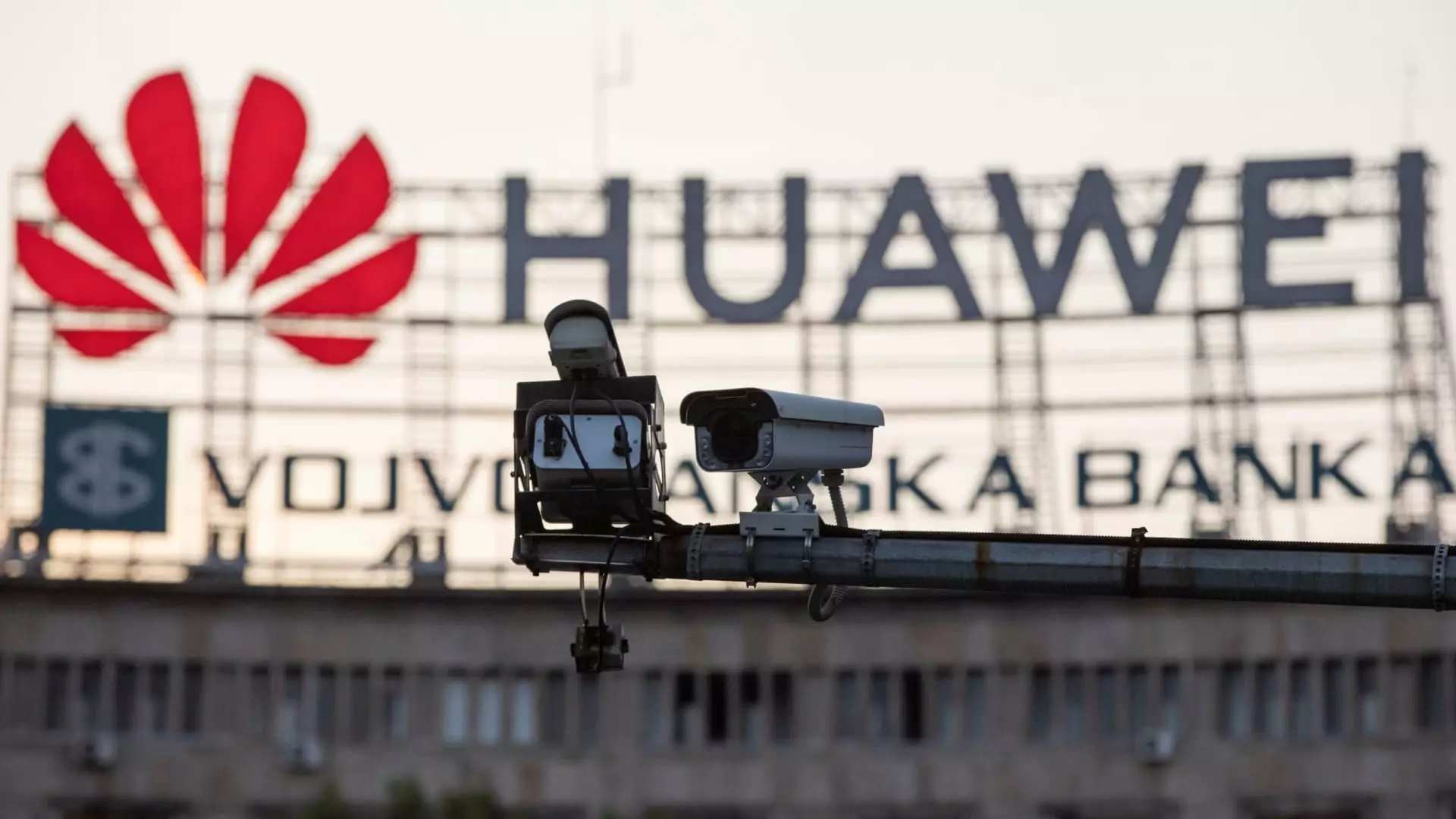The Biden administration has made a significant move in revoking eight licenses that allowed certain companies to ship goods to Huawei, a Chinese telecom equipment giant. This action is part of a larger effort to pressure Huawei, which has been making a comeback despite previous attempts to restrict its operations. The Commerce Department, responsible for U.S. export policy, stated that the revocations were made in response to concerns regarding national security and Huawei’s resurgence in the market.
Among the companies affected by the license revocations were Qualcomm and Intel, two major players in the technology industry. This move by the Biden administration indicates a shift in approach towards Chinese companies like Huawei, which have been at the center of geopolitical tensions. The details provided by the Commerce Department shed light on the specific types of goods that were previously approved for export to Huawei, highlighting areas such as exercise equipment, office furniture, and low-technology components.
Challenges Faced by Huawei
Huawei has faced numerous challenges in recent years, including being placed on a U.S. trade restriction list in 2019 over concerns related to national security. Despite these obstacles, Huawei has managed to rebound, with smartphone sales increasing significantly and its smart car component business showing rapid growth. The company’s resilience has raised questions about the effectiveness of export restrictions and the broader implications of U.S.-China relations in the technology sector.
Stricter Measures by the Biden Administration
The Biden administration’s decision to revoke licenses for Huawei reflects a broader trend of heightened scrutiny towards Chinese companies operating in the U.S. market. The move comes in response to calls from lawmakers and industry experts to address the potential risks posed by Huawei’s growing influence in critical sectors such as telecommunications and technology. The administration’s actions signal a more assertive stance on national security and trade policy, particularly with regards to China’s role in the global economy.
As Huawei continues to navigate regulatory challenges and geopolitical tensions, the company faces an uncertain future. The Biden administration’s crackdown on licenses is likely to impact Huawei’s supply chain and business operations, potentially leading to further disruptions in the company’s growth trajectory. In an increasingly competitive and volatile market environment, Huawei will need to adapt to changing regulations and market dynamics to maintain its position as a leading global technology provider.
The Biden administration’s revocation of licenses for Huawei underscores the complex interplay between national security, trade policy, and technology innovation. The actions taken by the administration reflect a growing awareness of the need to address security concerns and safeguard critical infrastructure from foreign influence. As Huawei and other Chinese companies face increased scrutiny and regulatory challenges, the technology industry is entering a new era of heightened geopolitical tensions and policy uncertainty.


Leave a Reply